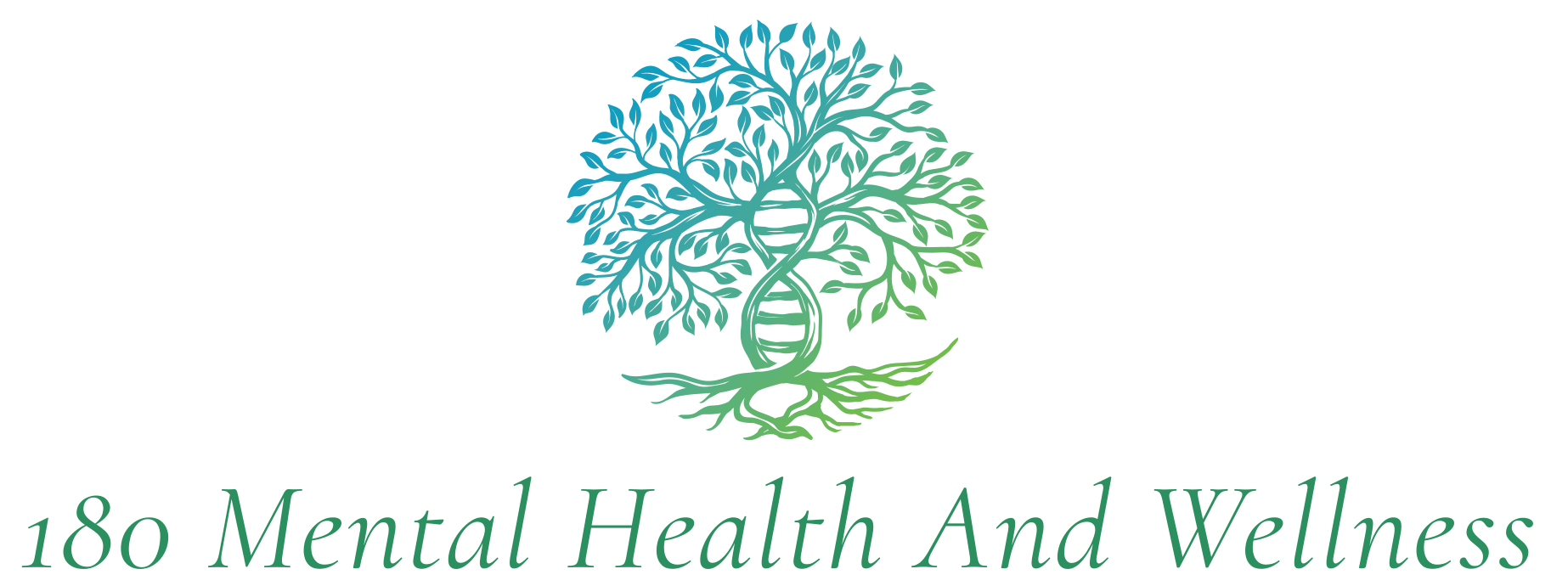OCD
Comprehensive Treatment for OCD Symptoms
Our practice stands out by combining innovative therapies, holistic interventions, and unwavering support to help you liberate yourself from the grip of OCD. At 180 Mental Health and Wellness, we do not just treat your condition; we embark on a transformative mental health journey alongside you. Your path to breaking free from OCD symptoms begins here.
What is OCD?
Obsessive-compulsive disorder (OCD) is a mental health condition characterized by a cycle of intrusive, distressing thoughts (obsessions) and repetitive behaviors or mental acts (compulsions) aimed at alleviating the anxiety caused by these obsessions. This disorder can significantly disrupt daily life and impair functioning.
Obsessions are unwanted and persistent thoughts, images, or urges that cause extreme anxiety or discomfort. They often center around themes such as contamination, harm to oneself or others, symmetry, or unacceptable/taboo thoughts.
Compulsions, on the other hand, are repetitive behaviors or mental rituals that individuals with OCD feel compelled to perform to reduce the distress caused by their obsessions. These actions are often excessive and not connected to any real threat. Common compulsions include checking, washing, counting, and repeating specific actions.
OCD varies in severity, with symptoms ranging from mild to severe, and it can be highly time-consuming, taking up several hours a day. It can lead to significant distress, impairment in daily functioning, and strained relationships.
Causes & Symptoms
OCD is influenced by various factors. Firstly, genetic predisposition plays a role, with a heightened risk for those with a family history of the disorder. Secondly, environmental factors such as stressful life events or trauma can trigger or exacerbate OCD symptoms, particularly in individuals susceptible to the disorder.
Obsessive-compulsive disorder is characterized by obsessions and compulsions. Obsessions entail intrusive, persistent thoughts, images, or urges that induce anxiety. Common obsessions encompass:
• Fears of contamination
• Concerns about harm to oneself or others
• Obsession with symmetry
• Thoughts related to forbidden or taboo subjects
In response to these obsessions, individuals engage in compulsions, which are repetitive behaviors or mental acts aimed at alleviating anxiety or preventing feared events. Typical compulsions include checking, washing, counting, and seeking reassurance. Compulsions can be time-consuming, significantly disrupt daily life, and lead to distress and functional impairment. Although individuals often recognize the irrationality of their obsessions and compulsions, they struggle to resist or control them.
Diagnosis & Treatment
Treatment for OCD typically combines several approaches to effectively manage symptoms and improve a patient's quality of life. Cognitive-behavioral therapy (CBT), particularly a specialized form known as Exposure and Response Prevention (ERP), is considered the gold-standard in psychotherapy for OCD. In CBT, individuals work with a therapist to identify and challenge irrational thoughts and engage in exposure exercises to confront their obsessions without performing compulsions.
Medications, particularly selective serotonin reuptake inhibitors (SSRIs), can also be prescribed to reduce the severity of symptoms and improve overall well-being.
A combination of psychotherapy and medication tailored to the individual's needs often provides the most effective results in managing OCD. Regular follow-ups and support from mental health professionals are essential to monitor progress and make necessary adjustments to the treatment plan.
OCD Symptoms Treatment in Phoenix, Arizona
Embark on a journey toward improved emotional well-being and effective management of OCD symptoms at 180 Mental Health and Wellness. Connect with us at (480) 863-5250 or conveniently schedule an appointment online. Our dedicated team is here to support you in comprehending and successfully addressing OCD, offering personalized care to guide you toward a path of relief and well-being.

